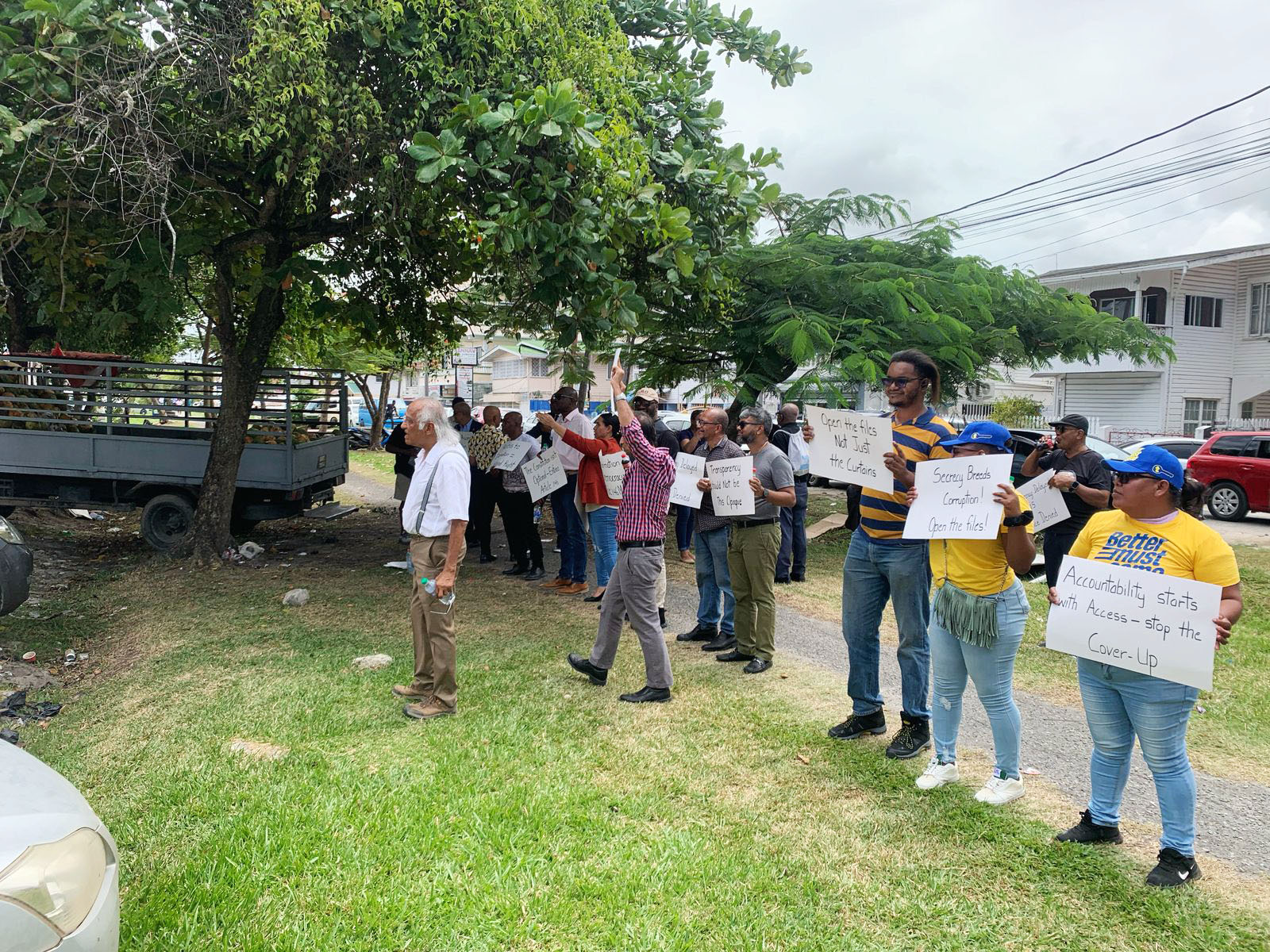Dear Editor,
We write in connection with the new draft oil law. We would appreciate information on the following:
The timetable for this new Bill, including the parliamentary process and committee stages of consideration and amendment;
How this timetable compares with the customary timetable for tabling and revising Guyanese legislation;
The process which will be used to assess the recommendations put forward by citizens;
The website on which all recommendations will be made publicly available in non-redacted form;
The date on which a multistakeholder process will be convened to assess all recommendations;
The website on which the ‘track changes’ version will be made available, with reasons given for incorporation or rejection, of each recommendation.
We notice that this Bill has only 28 pages, while the Petroleum (Exploration and Production) Act cap. 65:04 1986 which it is intended to replace has 64 pages. The Ministry of Legal Affairs has had seven years to update the relevant legislation since the announcement of the first commercial strike at the Liza-1 field, and has been offered large amounts of international advice and experience on petroleum law. Is the Ministry intending to place large amounts of detail into the associated Regulations, which have 43 pages in the 1986 version? If so, we recommend that the Bill and the new Regulations be launched together, so that citizens/stakeholders can check that the new legislation is modern in approach and complete and globally comparable in its quality and content.
We are supported by the spirit and intent of Article 13 of our National Constitution 1980/2003, which states ‘The principal objective of the political system of the State is to establish an inclusionary democracy by providing increasing opportunities for the participation of citizens, and their organisations in the management and decision-making processes of the State, with particular emphasis on those areas of decision-making that directly affect their well-being’. If the Ministries of Natural Resources and Legal Affairs are reflecting on this Article, then it should be obvious to them that a public consultation period of two weeks is grossly inadequate.
Both the PPP and the PNC (retrospectively) have acknowledged that the Production Sharing Agreement with EEPGL, Hess and CNOOC in 2016 is seriously disadvantageous to Guyana. ExxonMobil was able to influence greatly the text of the PSA in part because of the out-of-date nature of the 1986 law and regulation. It is therefore in the interest of all citizens that the Bill for the revised Act, and the accompanying Regulations, should be thoroughly studied and amended to ensure that we have moved from the world’s worst PSA to the world’s best petroleum laws.
Sincerely,
Janette Bulkan
Alfred Bhulai
André Brandli
Nicole Cole
Frederick Collins
Karen de Souza
Jocelyn Dow
The Greenheart Movement
Darshanand Khusial
Colin Klautky
Russel Lancaster
Danuta Radzik
Vanda Radzik
Ganga Ramdas
Red Thread
Christine Samwaroo
Ingrid Sarabo
Josephine Whitehead











